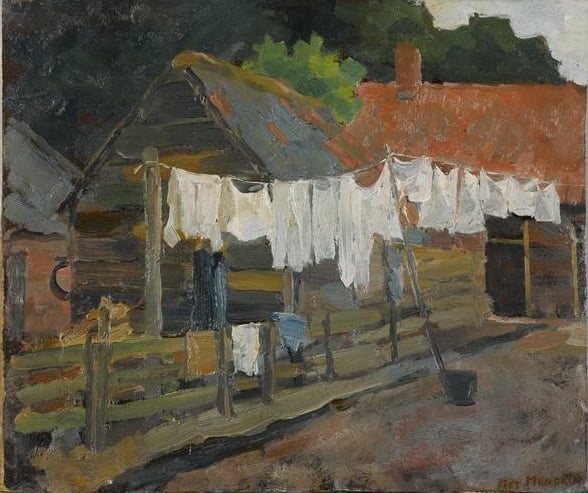Paul is a highly experienced, creative and tenacious litigator
paul.russell@russell.nl +31 20 301 55 55Reinier advises national and international companies
reinier.russell@russell.nl +31 20 301 55 55Art dealers, galleries, auction houses and every buyer and seller of art are obliged to carry out client screening for all transactions of € 10.000 and more. This also applies to art storage in freeports. Persons and institutions from 23 countries are subject to enhanced client screening.

Under the Money Laundering and Terrorist Financing (Prevention) Act (Wwft), dealers are obliged to carry out extensive client screening in the event of cash payments of € 10,000 and more. As a result of the Fifth EU Anti-Money Laundering Directive, that came into force on 10 January 2020, this obligation will be further extended. What are the new regulations?
It has now become mandatory for art dealers to conduct client screening not only for cash payments but also for cashless payments in excess of € 10,000. Related transactions are also included in the € 10,000 limit. Thus, when a person is making partial payments of 6 x € 2,000, these payments will be subject to the screening obligation. This also applies if someone buys three paintings for € 15,000, each worth less than € 10,000, and this is split into three separate agreements and three separate payments. Incidentally, the Cabinet intends to ban cash payments in excess of € 3,000 as of 1 January 2021.
Intermediaries in art transactions now also have to carry out client screenings in the event of transactions in excess of € 10,000. Here, the Directive explicitly mentions galleries and auction houses.
From now on, client screening is also mandatory for art transactions of € 10,000 and more through freeports. This obligation does not only apply to the trade and agency of art, but also to its storage.
In addition, there is a stricter screening obligation if a transaction involves (legal) persons or financial institutions from a country with a high risk of money laundering and terrorist financing. This includes not only countries such as North-Korea, Yemen and Syria but also states such as Ghana, Panama, Puerto Rico and Saudi Arabia. The complete list can be found here.
The intention was to introduce the UBO-register in the Netherlands on 10 January 2020. As from its introduction, companies are obliged to register their ultimate beneficial owner (UBO) with the Chamber of Commerce. However, this deadline was not met. A new start date is not yet known, but it will probably be known shortly. The delay of this UBO-register will not make the mandatory client screening easier.
Do you want to learn more about the mandatory client screening and the UBO-register or do you have any other questions concerning the obligations you have to comply with (international) art transactions? Do you need legal assistance in a dispute involving art? Please contact Paul W.L. Russell, LL.M. (paul.russell@russell.nl or 020-301 55 55) or fill in the contact form below.
Minister Van Engelshoven has reacted to the report of Pechtold Committee. What does this mean for the art trade and private collectors?
The use of general terms and conditions is something companies can no longer do without. Contracting parties refer to their own general terms and conditions in small print, often containing favorable clauses for their own benefit. But what is the power of general terms and conditions? And what should be considered when using them?
In his interview on “Hidden Gems – Treasured artwork adds to allure of Netherlands”, Reinier Russell talks about how artworks still reflect the spirit of the Golden Age and where they can be found.
A new EU regulation requires anyone wishing to import cultural goods into the EU to have an import license or submit an importer’s declaration. When is which type of document required? How does it affect art dealers, galleries, auction houses and collectors, both inside and outside the EU?
An African mask that was sold for 150 euros fetched 4.2 million euros at an auction. Were the French sellers able to undo the sale? How would this case have ended in the Netherlands?
After nine years, it is finally clear to whom the Crimean treasures should go. According to the Supreme Court, they should go to the state of Ukraine, the owner and custodian of the archeological objects that were on loan to the Allard Pierson Museum in Amsterdam in 2014. How did the Supreme Court reach its verdict?